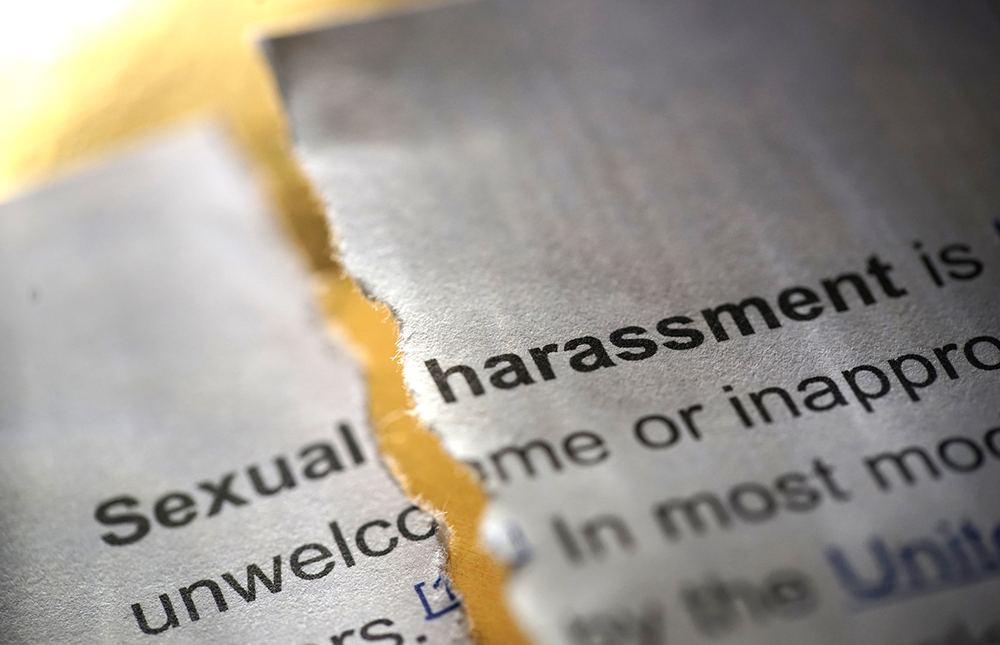More than a year ago, the U.S. Department of Education (DOE) released its proposal for improving schools’ responses to sexual harassment and sexual assaults.
A proposed Title IX regulation—Title IX is the civil rights law that prohibits sex discrimination in education programs or activities that receive federal funding—has been in the works over the past year with input from students, sexual assault advocates, school administrators, and other stakeholders and strong support from DOE Secretary Betsy DeVos.
The rule, which still isn’t final, takes important, and controversial, steps toward defining sexual harassment under Title IX and clarifying how it should be reported and investigated, while ensuring due process protections are in place for all students.
Key Provisions of the Proposal
The proposed rule would require schools to respond meaningfully to every known report of sexual harassment and investigate all formal complaints. It also highlights the importance of supportive measures designed to preserve or restore a student’s access to the school’s education program or activity, with or without a formal complaint.
Supportive measures could include academic course adjustments, counseling, no-contact orders, dorm room reassignments, leaves of absence, and class schedule changes.
When there has been a finding of responsibility, the proposed rule would require remedies that restore or preserve the survivor’s access to the school’s education program or activity. Schools would have to apply basic due process protections for students, including:
- A presumption of innocence throughout the grievance process;
- Written notice of the allegations and an equal opportunity to review all evidence collected; and
- The right to cross-examine the accuser, subject to state-law “rape shield” protections.
Colleges and universities would also be required to hold a live hearing at which cross-examination would be conducted through each party’s advisers. Personal confrontation between the accused and the accuser would not be permitted. Moreover, to promote impartial decisions, schools would not be allowed to use a “single investigator model.” If an appeal is available under the school’s policy, both parties must have the right to appeal.
Finally, consistent with court rulings in Title IX cases, the proposed rule defines “sexual harassment” as unwelcome conduct based on sex that is so severe, pervasive, and objectively offensive that it effectively denies a person equal access to the school’s education program or activity.
Reining in the Previous Rule
The goal of the proposed rule is to ensure that Title IX grievance proceedings are more transparent, consistent, and reliable with regard to process and outcome. There were serious concerns about the far-reaching effect on college campuses of the procedures used by the Obama administration (i.e., the “Dear Colleague letters”).
Under that policy, virtually everyone on campus was deputized to report anything that could constitute a sexual violation, including rumors and hearsay. Most school employees were designated as mandatory reporters responsible for alerting Title IX officials about possibly questionable sexual encounters, even if a supposed victim had no interest in reporting the incident. As a result, students were being labeled as perpetrators and punished even when no victim came forward to press any claims.
Moreover, one of the most criticized mandates was the requirement that schools assess allegations of sexual misconduct using the lowest legal standard: a “preponderance of the evidence.” Under the proposed rules, schools would have the option of using a higher standard of “clear and convincing evidence” in evaluating Title IX claims. The proposed rule would also allow an accused perpetrator to cross-examine his or her accuser. Under the prior guidance, that practice was discouraged.
Bottom Line
Time will tell whether the proposed regulation achieves its stated objectives. The 60-day comment period on the proposal has closed, and the DOE is now wading through more than 100,000 comments to determine what, if any, changes should be made to the proposed rule. That process could take many months to complete. However, the proposed changes are seen as a good start in reining in the excesses of the previous Title IX procedures.
Kevin McCormick is an attorney with Whiteford, Taylor & Preston in Baltimore. He can be reached at kmccormick@wtplaw.com.

